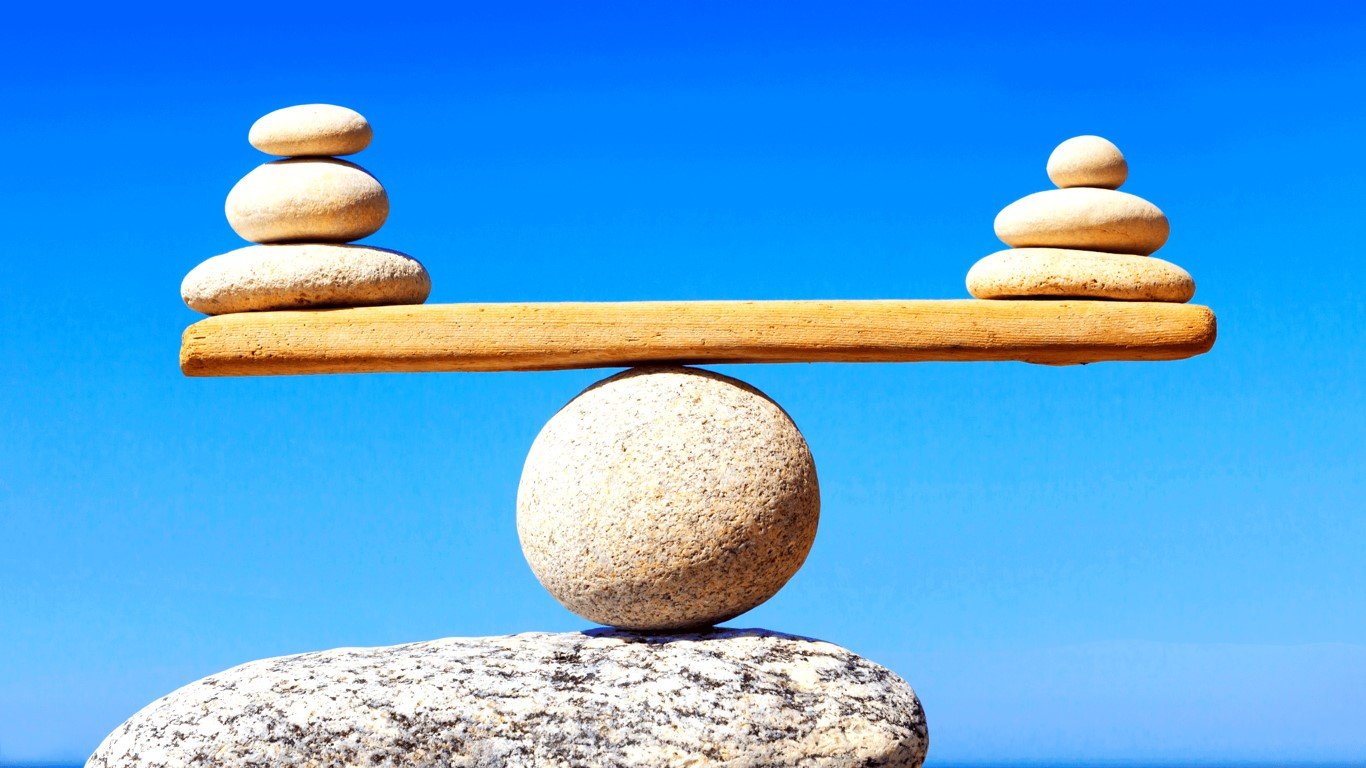We adore working for our own business. It can be very satisfying, giving you freedom, flexibility, and the chance to do what you enjoy.
But there’s no denying that it also has its problems, like unstable finances, unpredictable tasks, and the fact that the work itself can make people feel alone.
In 2024, a lot of freelancers are more stressed than ever because AI changes to algorithms and economic unrest are still shaking things up all around us.
In a world that constantly evolves, it can be hard to keep and manage mental health in good shape. It can be very stressful to not know how much money you will make, have tasks that are coming up, and always be looking for new work.
Because independent workers don’t have traditional workplace support systems, it’s too easy for them to feel overwhelmed, burned out, and disconnected.
So, we asked freelance creatives from a wide range of fields how they dealt with the unusual mental health problems of our time. This way, we can help those of you who are suffering and keep the rest of you from having to deal with them in the future.
Their honest observations give us new ways to think about things and useful strategies for improving our well-being during this uncertain time.
Explore the Contents
1. Maintain healthy habits.
One theme that kept coming up was how important it is to take care of yourself. For many, this means making physical activity their top goal because it is a powerful way to reduce stress.
“My number one piece of advice is to spend time in nature,” says designer Lizzy Doe. “Exercise as often as you can,” says artist Sam Rodriguez. “Swim as much as you can to relax and keep my mind on taking one step at a time toward my goals,” says painter Amy Lou.
Physical exercise is often suggested as a way to deal with stress because it takes your mind off of things that are bothering you and releases endorphins, which make you feel better and lower your stress levels.
There are also no conditions to join a gym or run a marathon. Simple physical exercises like walking, jogging, or yoga can be good for you.
Not in the mood to work out? There are many different ways to deal with worry. One way is to do relaxation exercises, which can help calm the mind and ease body stress. Using the diaphragm to breathe slowly and deeply is one way to help the body’s relaxation reaction happen.
Take a deep breath in through your nose for four counts, hold it for four counts, and then let it out through your mouth for six counts. In your sleep, this can make you feel better and help you get seven to nine hours of good sleep every night.
Some fun activities that have been shown to help reduce stress are gardening, reading, and playing music. As long as you give yourself time away from work and stress, even small treats like a massage or a warm bath can make a big difference. Most of the time, that makes you feel better than the action itself.
No matter how you deal with worry, you should start good habits now instead of waiting for it to take over your life.
A graphic artist named Emma Rodriguez says, “Take breaks to avoid burnout.” “Just take a day to recharge and do the things you enjoy when you start to feel overwhelmed or tired.”
2. Your Mindset Matters
No matter what method you use to deal with stress—writing in a book, working out, meditating, or watching cat videos on YouTube—it will only work for a short time. And that means, well, feeling less stressed.

The artist Bram Vanhaeren says, “There is never a reason to be anxious.” “Pay attention to what you can change: your health, your family, and helping other people.”
“Remember that the work you’re doing isn’t life or death,” Emma Rodriguez says next. This is something she should know. She says, “I have seen life and death because I work part-time in health care.” “It keeps me aware that “urgent” does not always mean the same thing in the creative field as it does in other fields.”
“Eventually we die, and time is short,” says Ryan Annett, an artist who is blind but has taught himself. “Recently, I’ve been taking longer breaks from social media than usual.” Scroll down to learn less about bad things that will happen and more about trying to enjoy life.
Holding on to perspective and avoiding negative thoughts can help protect you from feeling lost and anxious. Author, poet, and instructional artist Oyamo Richard agrees, saying, “This phase will pass too, just like all the others.”
3. Be Mindful
Methods that are organized and follow a routine help some people feel grounded. “A daily journal and a 15-minute guided meditation help me clear my mind and get ready for the day,” says Samyuktha Krishna. “I try to start the day with easier tasks so that I can keep a calm attitude for the rest of the day.”
I try to tell myself that it’s okay to fail sometimes or take a break when things don’t go as planned and there aren’t any deadlines. The next time, I can do it differently, as long as I learn something from it.
Still, a lot of us find focus in the work itself, especially when we set aside time for side projects. Lizzie Doe says, “When I’ve had a quiet week, I love taking part in art challenges on Instagram like Jonathan’s ‘Golden Thread.'” “It gives me a lot of ideas and a great sense of community.”
4. Finding Balance
Problems like not having enough independent work are easier to solve when you’re in the right frame of mind. You can then start taking positive steps to deal with them. For example, art director Michael Miller says, “I’m using this time to make hard turns, learn how to build a proper studio practice, and embrace the physical and digital community of industry mentors.”

But sometimes you don’t have to change your whole plan to make a difference. Without a doubt, a lot of people are changing how they think about success and their work lives because of big changes in their tasks. Marketer Stu Goulden says the best way to deal with stress is to be a “calm” company with a few income streams, interesting projects, and clients who share your interests. His current goal is long-term growth with a reason. He says it is “better to keep tiny overheads and total freedom.”
Creative copywriter Patrisha Robertson, who recently has been focusing on “walks, gardening, studio cleaning, learning, and rethinking what’s important in work and life,” agrees with this idea that balance and happiness are more important than careless desire.
Of course, none of this is easy, and artist Florence Sabatier says it can be hard to handle these kinds of duties by yourself. She says, “It’s really hard, and some days I’m scared about the future.” “I have to keep telling myself that things aren’t set in stone so that I’m not so pessimistic.”
But if you want to improve your mental health, now is the time to get help and talk to other people about it. So, you don’t have to deal with a problem by yourself, which can be hard to do when you’re not in charge.



